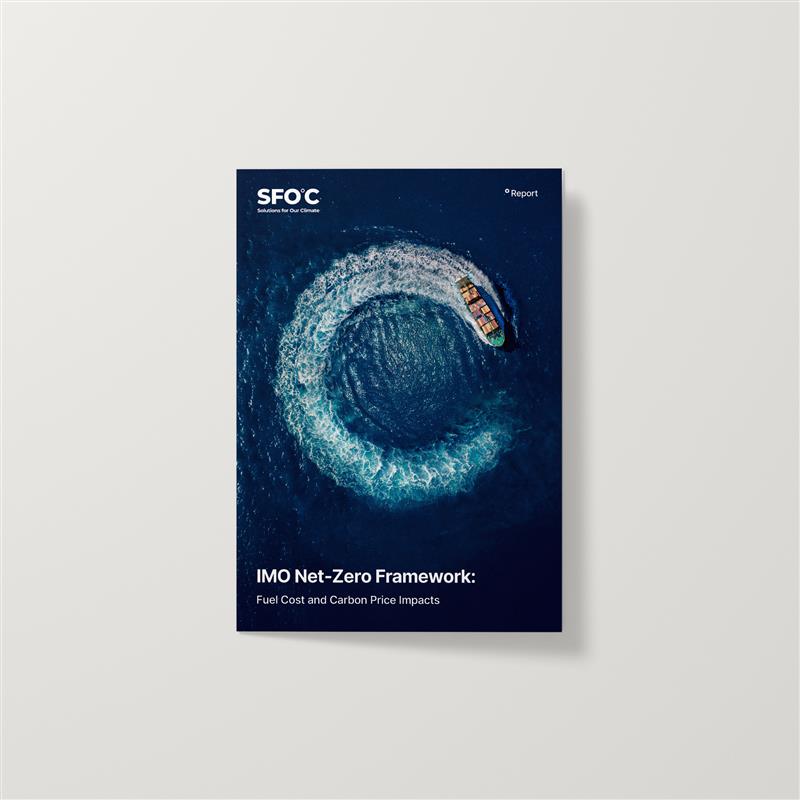
Executive summary
Beset by increasingly stronger global greenhouse gas (GHG) restrictions, the shipping industry is changing course toward commissioning more liquefied natural gas (LNG) -powered vessels. In response, to boost its LNG bunkering industry, the South Korean government has been reimbursing all import levies imposed on LNG fueling by LNG-powered vessels since 2021 if the bunkering occurs within its territorial waters.
This report aims to shed light on the challenges facing the LNG bunkering rebate policy and to reassess the justification for its continuation. Despite its potential to reduce GHG emissions and other air pollutants, LNG, as a fossil fuel primarily composed of methane, raises questions about its suitability as an alternative fuel for a net-zero future.
The rebates for LNG bunkering are financed from the Special Accounts for Energy and Resources (the “Special Energy Account”), which incurred a deficit of approximately KRW 3 trillion in 2023. If the current rebate system remains unchanged, the rebates are projected to increase from KRW 1.4 million in 2024 to KRW 16.9 billion in 2025 and to KRW 33.9 billion in 2030 (USD 140,000, USD 16.9 million and USD 33 million, respectively (USD 1: KRW 1,000)).
Compared to major global ports in other countries, South Korea’s small market share in LNG bunkering underscores the realistic limitations on the country’s aspirations to lead the international LNG bunkering industry.
The divergence between South Korea’s LNG bunkering rebate policy and the international community’s stance on LNG, as well as the Korean Green Taxonomy (K-Taxonomy) — a green economic activity classification system endorsed by the country’s Ministry of Environment — is a significant issue that requires attention.
Lastly, the rebate system for LNG bunkering may impose a greater financial burden on the South Korean government and potentially impede its commitment to achieving net-zero emissions in international shipping by 2050.












![[Report] Achieving Net Zero in International Shipping through Korea-US-Japan Green Shipping Corridor](https://content.sfoc.tapahalab.com/images/research/s11Jime.jpg)





